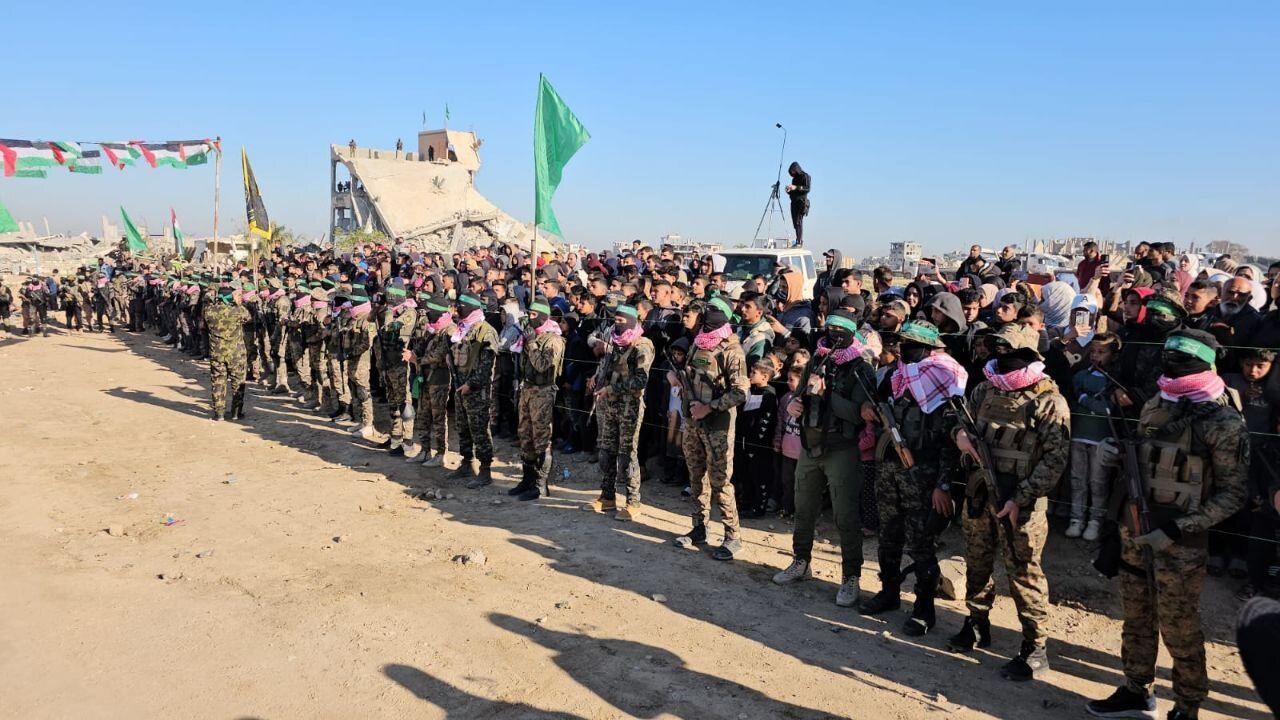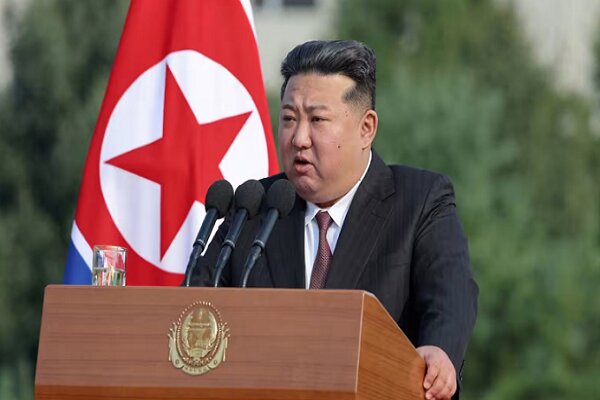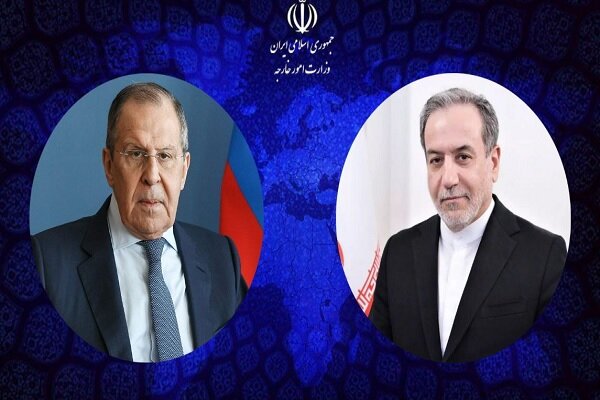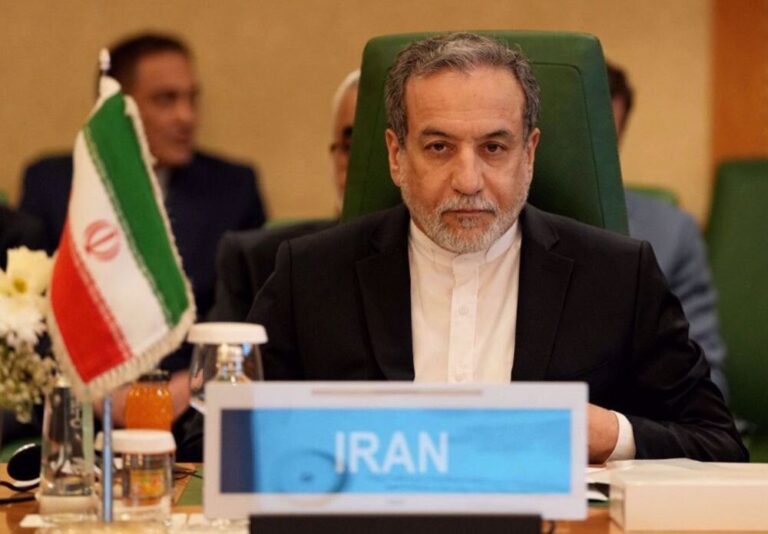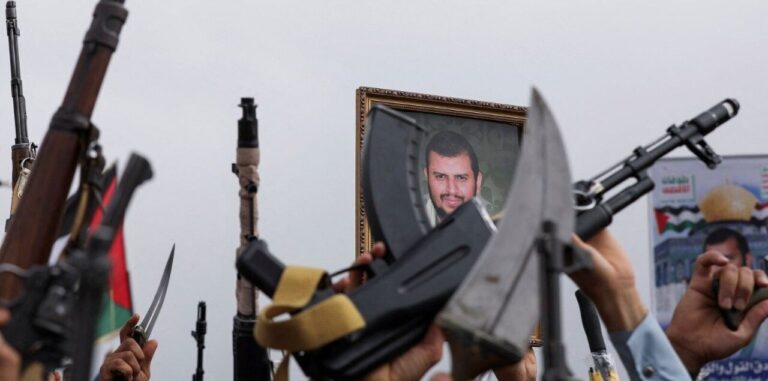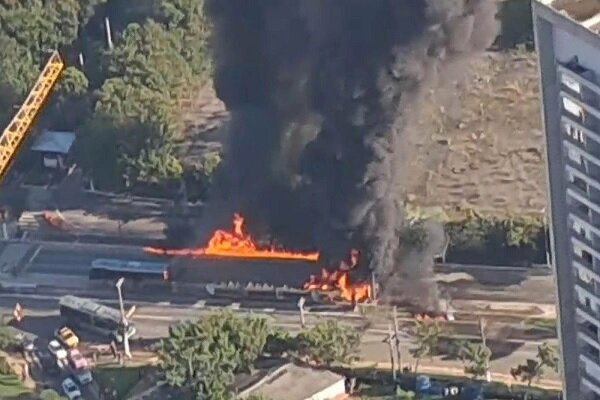Hamas Rejects Disarmament Proposal: Tensions Escalate in Ongoing Conflict
In a significant development in the ongoing conflict between Israel and Hamas, this marks the first time that Israel has set disarmament of Hamas as a prerequisite for a ceasefire. This shift in negotiating strategy raises pressing concerns among international observers and highlights the complexities of the situation in the region.
Recent reports indicate that tensions are escalating. A Palestinian official, speaking to the BBC, accused Israel of using ceasefire negotiations as a tactic to delay while prioritizing the retrieval of captives. This has fueled further outrage and concern regarding the humanitarian situation in Gaza.
On Thursday, Palestinian media reported that Israeli airstrikes targeted several tents in the southern Khan Younis area, resulting in the tragic deaths of 23 displaced Palestinians. This act has drawn widespread condemnation and further exacerbates the humanitarian crisis unfolding in Gaza.
The humanitarian conditions in the region continue to worsen, with a United Nations agency declaring the current situation as the most severe since the escalation of the conflict began 18 months ago. This dire assessment is underscored by the following key points:
- 59 captives remain: The latest estimates reveal that 59 individuals are still held captive in Gaza, with 24 believed to be alive.
- Recruitment of new fighters: Reports suggest that Palestinian resistance groups have enlisted thousands of new fighters in response to the intensified military actions by Israel.
- Escalation of military actions: The ongoing Israeli campaign in Gaza has been described as genocidal by various sources, contributing to a cycle of violence that shows no signs of abating.
The situation has garnered international attention, with many calling for urgent humanitarian aid and a ceasefire to protect civilians. Humanitarian organizations are struggling to deliver essential supplies as the conflict continues to pose significant challenges.
The international community is closely monitoring the developments. As negotiations unfold, the implications of Israel’s new stance on disarmament could have far-reaching effects on future peace efforts in the region. Analysts express concern that this approach may prolong the conflict, as it places additional hurdles in the already complex negotiation process.
In conclusion, the evolving dynamics between Israel and Hamas highlight the urgent need for dialogue and resolution. The humanitarian crisis in Gaza calls for immediate action from world leaders to ensure the safety and well-being of civilians caught in the crossfire. The international community must advocate for a ceasefire that prioritizes humanitarian needs and addresses the root causes of the conflict.
As the situation develops, it remains crucial to stay informed and engaged with the ongoing discussions surrounding peace and stability in the region. The implications of these negotiations will undoubtedly shape the future of both Israel and Palestine, as well as the broader Middle East.
